Low Traffic Neighbourhoods and accessibility survey
Your experiences
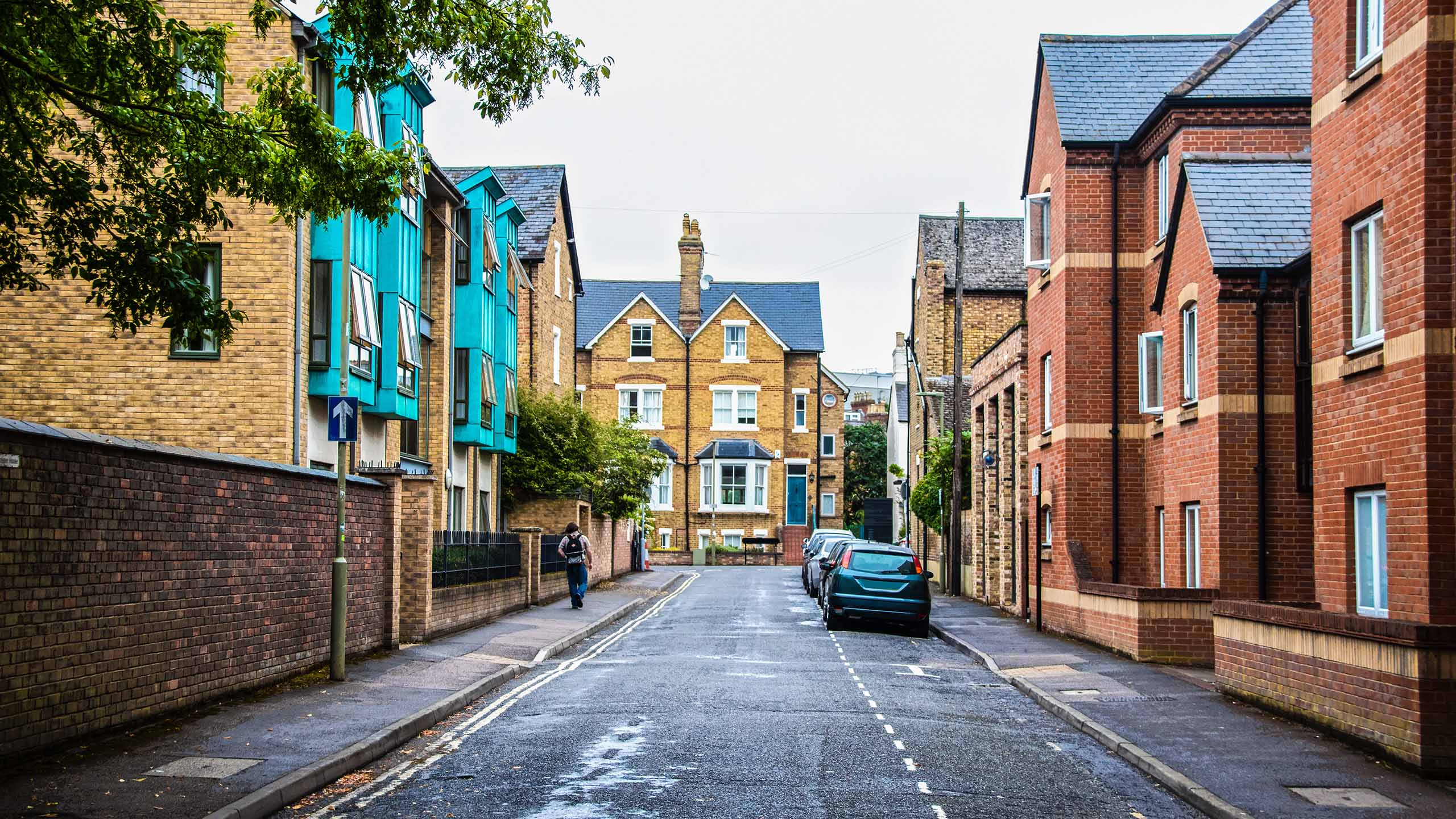
Over 17,000 people signed petitions about Low Traffic Neighbourhoods (LTNs):
- Carry out an independent review into Low Traffic Neighbourhoods (LTNs)
- Exempt Blue Badge drivers from Low Traffic Neighbourhoods
The Petitions Committee scheduled a debate on these petitions in the House of Commons:
Survey
To inform the debate, the Petitions Committee ran an online survey asking for people's views on LTNs and accessibility.
The survey was shared with relevant organisations and on social media. It was also shared with signatories of the petitions that triggered the debate.
There were 7,349 responses to the survey. The majority of people who answered the survey said they lived in London, South East England and South West England.
Below is a summary of some of the key themes from the responses to our survey.
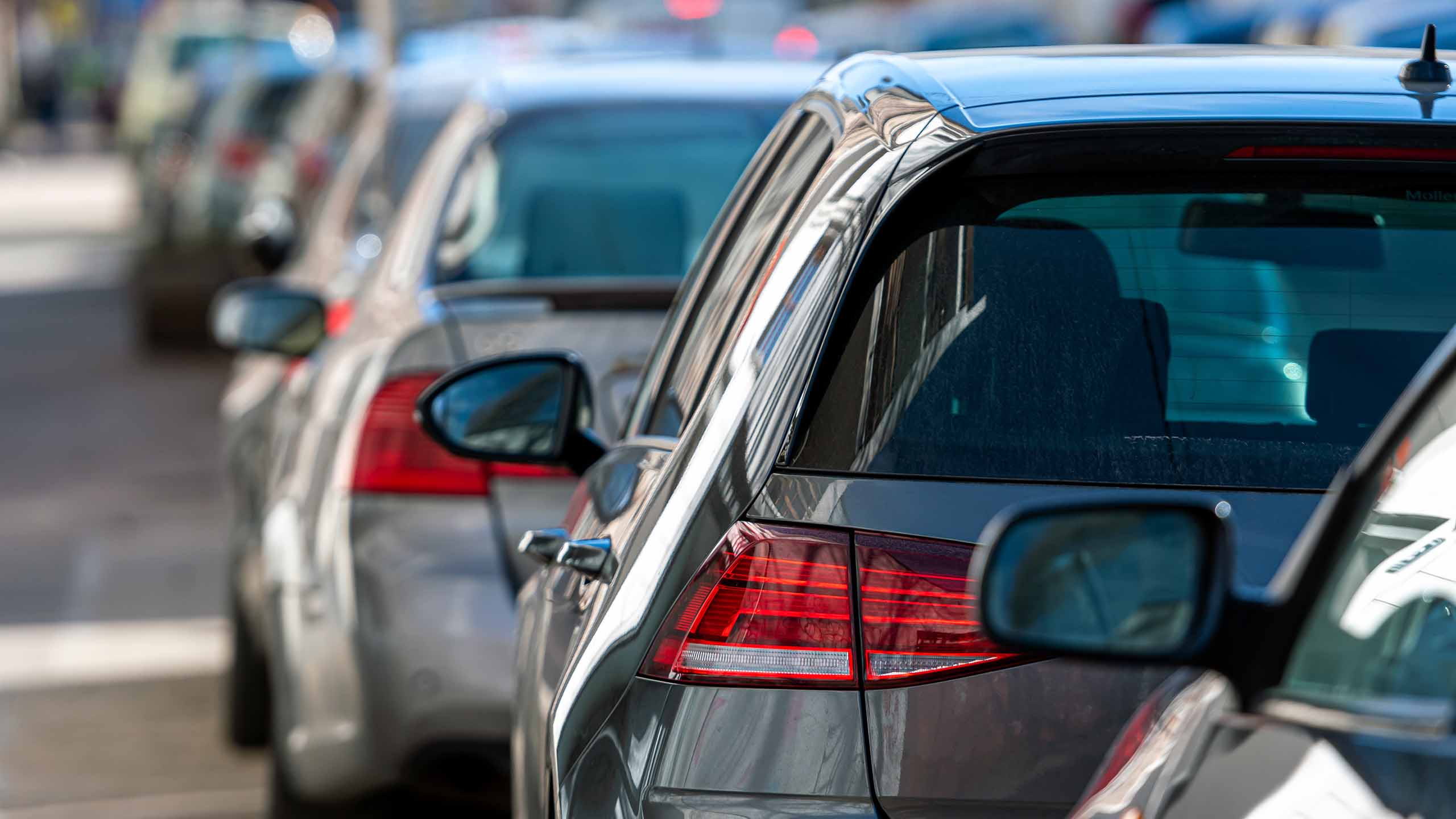
Key stats
- 78% said LTNs had a ‘negative’ or ‘very negative’ effect on them.
- 17% said LTNs had a ‘positive’ or ‘very positive’ effect on them.
- 78% considered themselves directly affected by LTNs.
- 19% said they had received a fine for driving through an LTN.
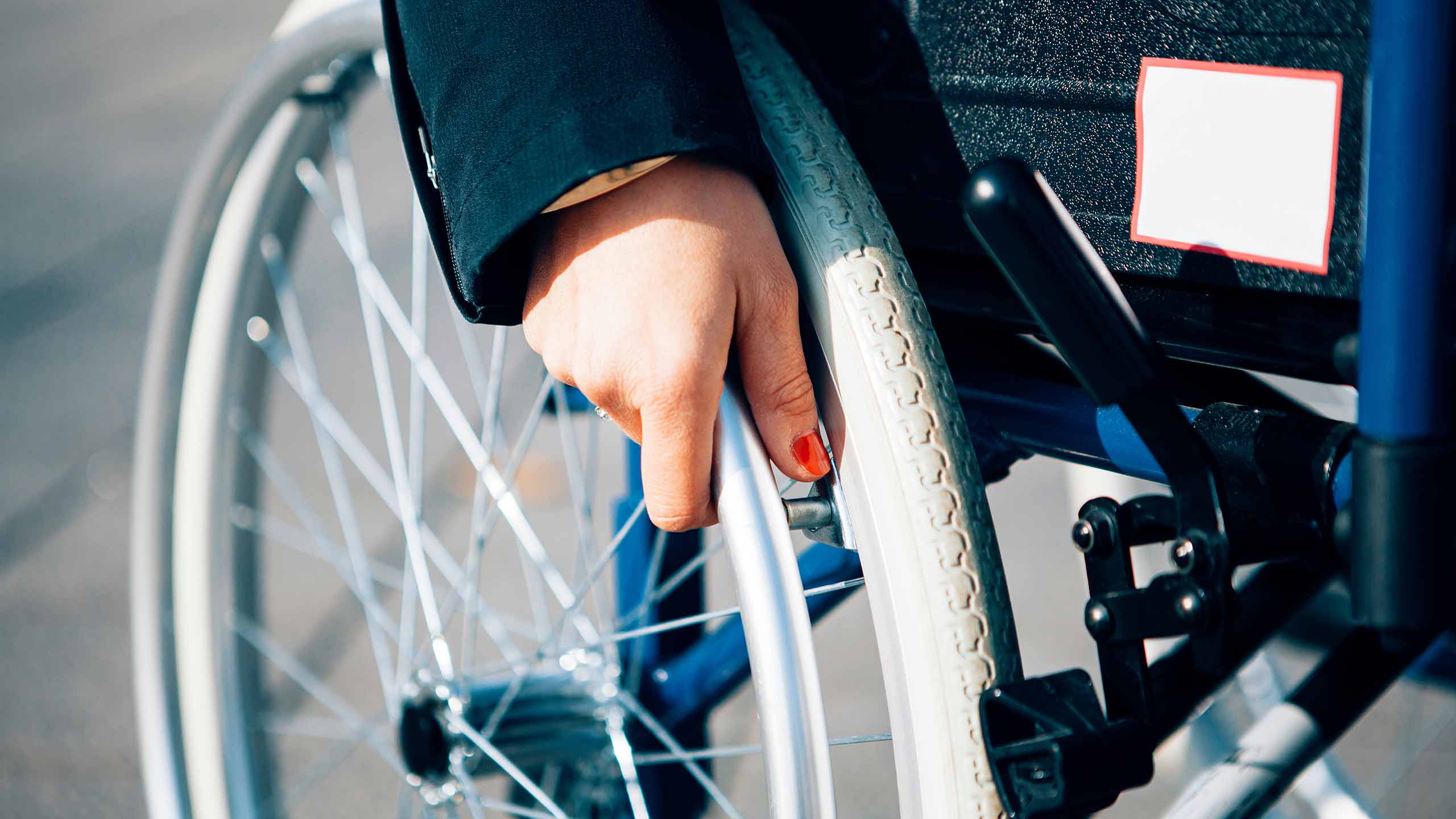
Accessibility
- 78% of those who said they had physical or mental health issues that meant they were particularly affected by LTNs, said they had a ‘negative’ or ‘very negative’ effect on them.
- A few people said that LTNs made it easier to get around or improved their health and wellbeing.
Some of the people said:
- "I am an electric wheelchair user who is reliant on door-to-door transport. LTNs mean I am unable to be dropped off by car or taxi at my destination if it is in an LTN."
- "I cannot take my mother, who has a blue badge, to medical appointments as it would result in going through an LTN and getting a fine."
- "I have an adult son with severe autism. LTNs cause longer journeys and cause him lots of stress and anxiety, which can lead to him being violent."
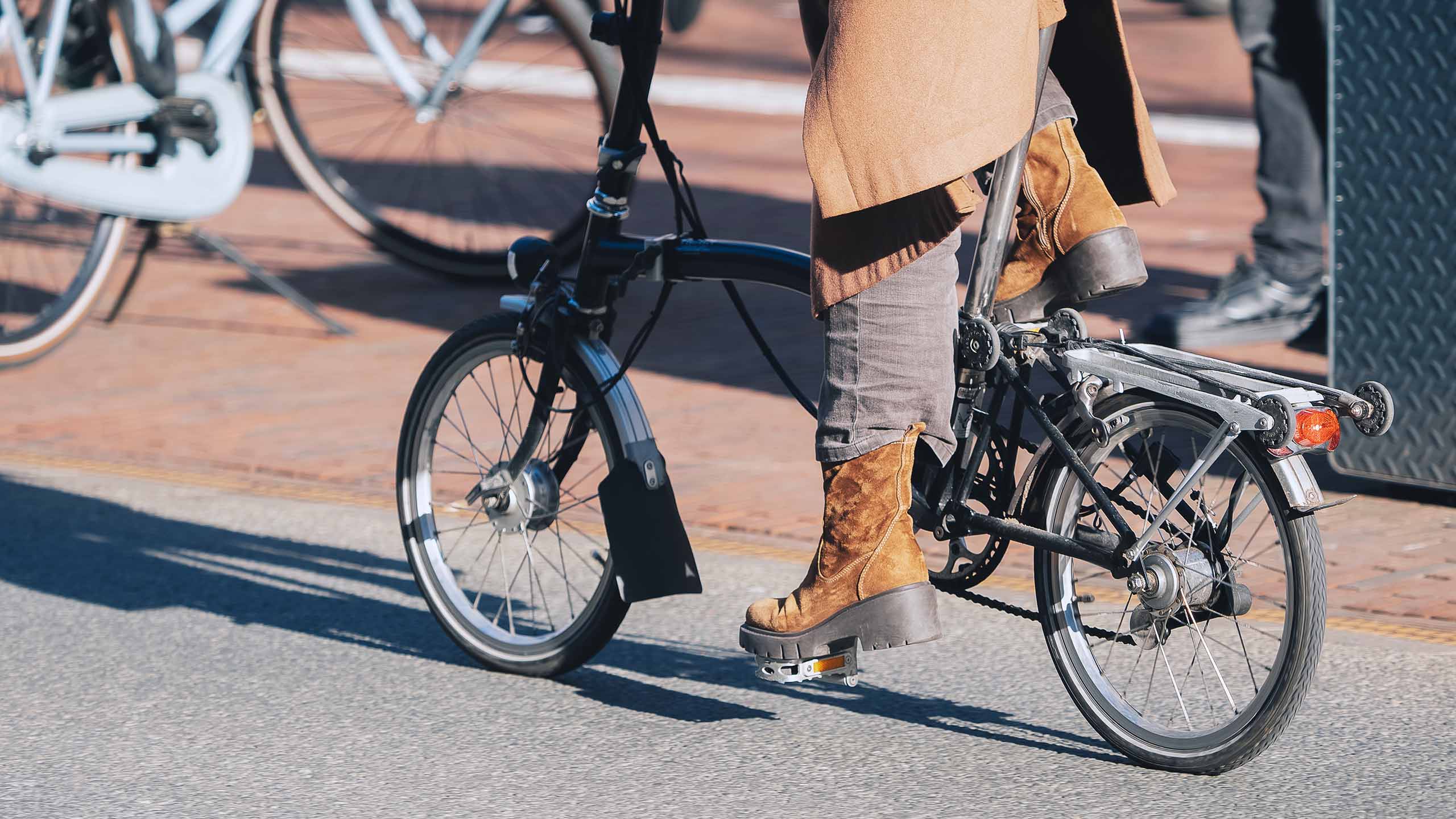
Cyclists, pedestrians and air quality
Of the people who answered the question about the impact of LTNs:
- 74% said they had a ‘negative’ or ‘very negative’ impact on the environment.
- 23% said they had a ‘positive’ or ‘very positive’ impact on cyclists. 35% said they had neither a positive or negative impact.
- 15% said they had a ‘positive’ or ‘very positive’ impact on pedestrians. 37% said they had neither a positive or negative impact.
Some of the people said:
- "There is continued congestion on the boundary roads resulting in increased pollution and increased risks to pedestrians and cyclists."
- "The LTNs in the city where my daughter lives cause traffic congestion and a noticeable decrease in air quality."
- "I am asthmatic and if walking to/from work, have to walk the perimeter roads and [my] asthma [is] considerably impacted with all the fumes."
- "[I have] better mental health, it’s made me get back on a bike for commuting and helps give my children independence. […] Walking is safer with my disabled son."
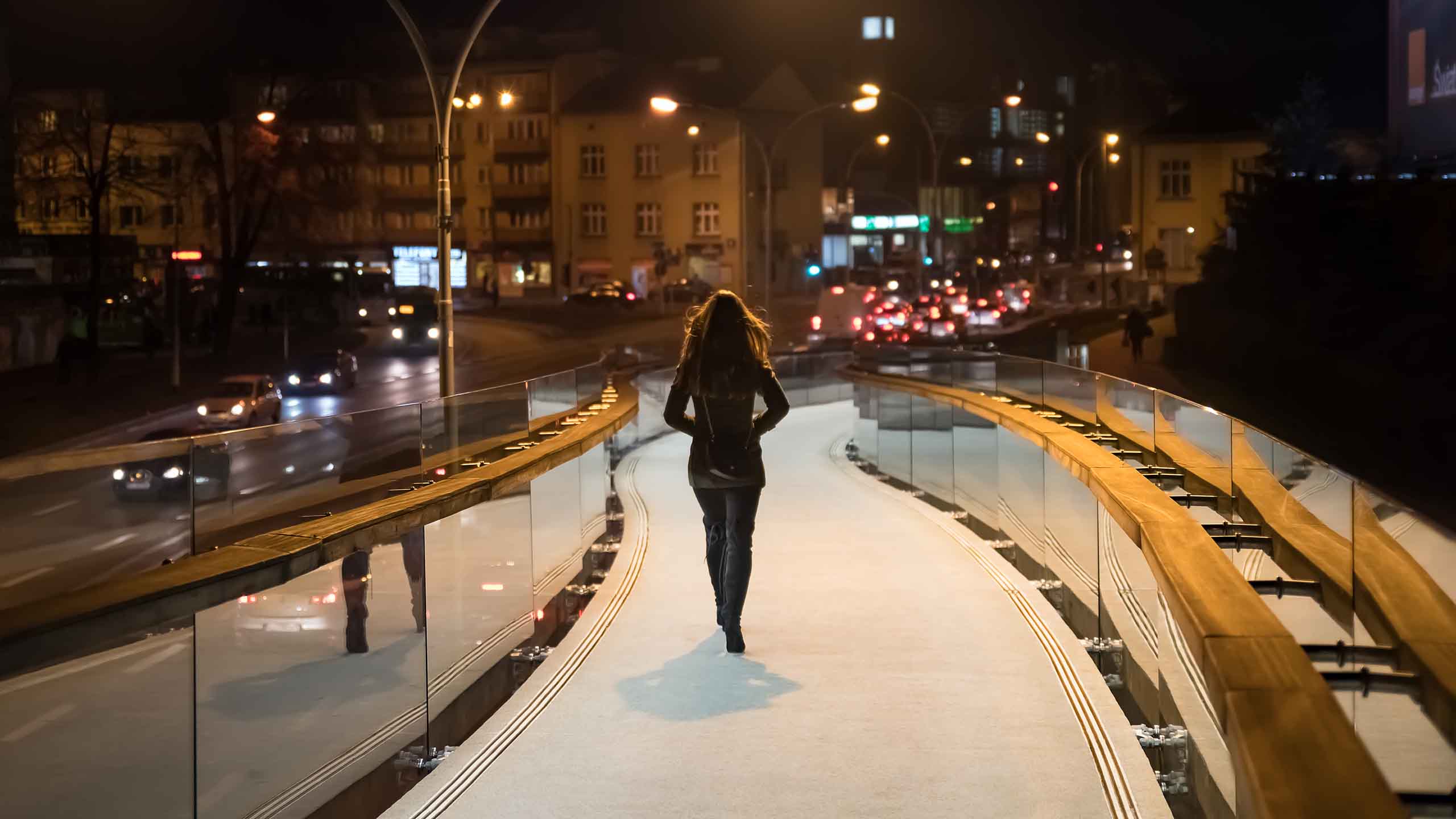
Concerns about women’s safety
Some people said:
- "LTN roads have become more deserted and lonely, that's a safety concern for women on foot needing to get to a destination."
- "They are a danger for young women coming home late as taxi drivers often drop you outside the LTN and you have to walk to your house in the dark."

Business owners
91% of people who said they were a business owner who has been directly affected by LTNs said they had had a ‘negative’ or ‘very negative’ effect on them.
Some said:
- "Customers have refused to visit and expressly stated that they cannot continue to get to my business during opening hours and [...] shop elsewhere more convenient."
- "My job is a driving instructor. I can’t take many pupils now due to not being able to go to them. I’m at a loss of income."
- "I am self employed and lost business, as it entails picking up multiple dogs, multiple times in the day [...] This meant long days, extra petrol, high stress levels."
Read the full summary
We've published a more detailed summary of what people told us in our survey, including demographic information:

